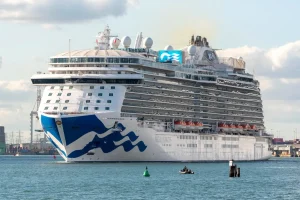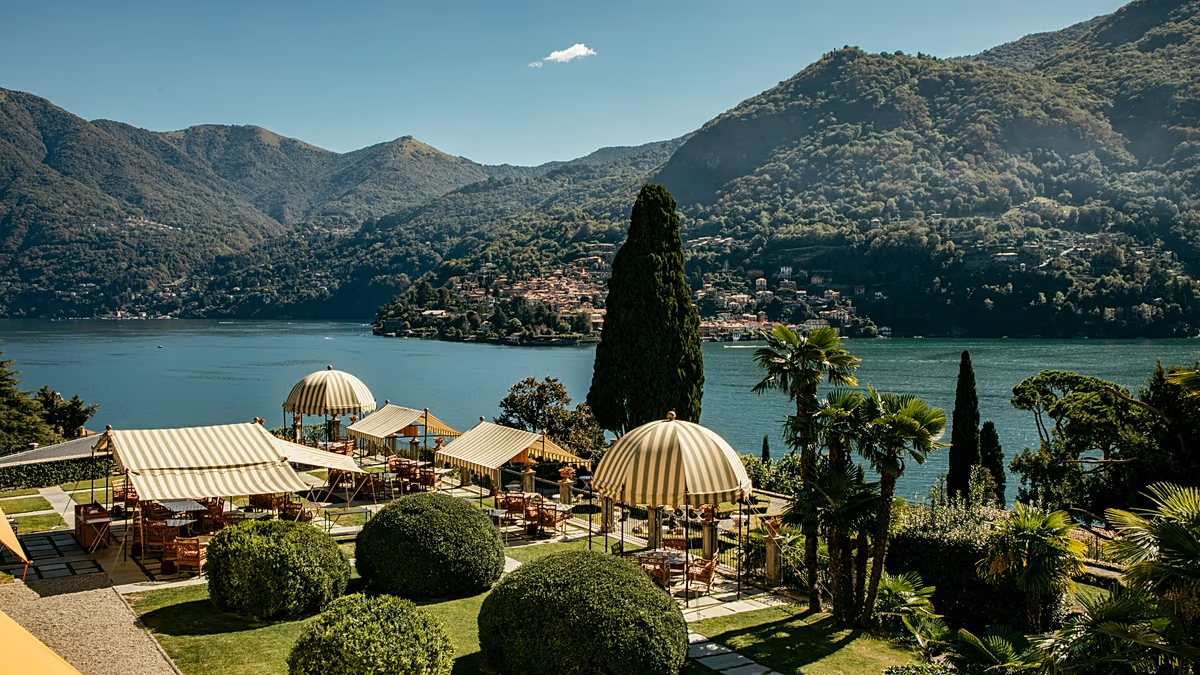The World’s 50 Best Hotels: How the Prestigious Ranking Shapes Global Hospitality Excellence
Last month, the eagerly awaited annual list of the World’s 50 Best Hotels was unveiled to the world, marking the second edition of this prestigious hospitality ranking. Created by the renowned 50 Best brand—which revolutionized culinary rankings with its World’s 50 Best Restaurants list in 2002—the hotel awards have quickly become an influential voice in the global hospitality landscape. This year’s list showcases exceptional properties across the globe, with a particularly strong European presence as 17 properties from the continent earned coveted spots in the rankings. The methodology behind these selections represents one of the most transparent and credible approaches in the industry, relying on the collective wisdom of hospitality experts rather than commercial relationships.
At the pinnacle of this year’s prestigious list stands the Rosewood Hong Kong, a magnificent 65-story tower overlooking Victoria Harbour on Kowloon’s waterfront. This contemporary masterpiece, which opened its doors in 2019, was designed by celebrated Taiwanese designer Tony Chi and features 413 luxurious rooms, eleven distinctive dining venues, a spectacular harbor-view infinity pool, and the acclaimed multi-level Asaya wellness facility with nine treatment rooms. Beyond claiming the top position overall, the Rosewood Hong Kong also earned the distinguished title of Best Hotel in Asia, cementing its status as a paradigm of modern luxury hospitality. The property exemplifies how exceptional design, thoughtful amenities, and strategic location can combine to create a truly transcendent guest experience that resonates with discerning travelers and industry experts alike.
Europe’s hospitality legacy is brilliantly represented in this year’s rankings, with Italy’s Lake Como gem Passalacqua securing fourth place overall and the special distinction of Best Boutique Hotel. Set in an enchanting 18th-century villa on the shores of Italy’s most glamorous lake, Passalacqua carries a rich history of aristocratic residents from Count Andrea Lucini-Passalacqua to composer Vincenzo Bellini, now lovingly preserved by the De Santis family. With just 24 thoughtfully designed rooms featuring earthy tones punctuated by ornate Baroque elements, frescoed halls, and meticulously maintained terraced gardens, the property delivers an experience akin to staying in an exclusive private residence. Another Italian jewel, Four Seasons Firenze, claimed the ninth position, offering 116 exquisite rooms within a restored 15th-century Medici palace adorned with mythological bas-reliefs and a frescoed chapel. This Florentine retreat boasts the city’s largest public garden and a Michelin-starred restaurant, Il Palagio, further strengthening Italy’s reputation for hospitality excellence.
Other European standouts include London’s legendary Claridge’s at 16th place, Greece’s Four Seasons Astir Palace at 17th, and the iconic Le Bristol Paris at 19th position. Beyond the main rankings, the awards also recognize excellence in specific categories through eleven special distinctions. Among these, the Best Eco Hotel award went to Desa Potato Head in Bali, a property guided by the philosophy that “Good Times Do Good.” As the first Asian hospitality brand to achieve carbon neutrality, Desa Potato Head demonstrates remarkable commitment to sustainability through responsible ingredient sourcing and innovative use of recycled materials. This special category represents a collaborative effort between 50 Best and the Sustainable Restaurant Association, featuring a rigorous application process that thoroughly evaluates each property’s environmental initiatives and credentials, ensuring that recognized hotels truly embody meaningful sustainability practices rather than merely engaging in surface-level greenwashing.
What distinguishes the World’s 50 Best Hotels from other industry rankings is its methodical, transparent approach to selection. Unlike many hotel rankings that rely on properties paying for inclusion or self-submitting for consideration—practices that have understandably generated skepticism about their credibility—the 50 Best brand has established itself as a paragon of impartiality. “There is no specific criteria for ‘best,’ meaning our global panel voters simply vote for their very best experiences during the voting period,” explains Emma Sleight, head of content at 50 Best. “There is no ‘pay to play,’ which means hotels, restaurants or bars cannot apply to be included in any of our lists.” The ranking is compiled by parent company William Reed, a respected digital insights, events, and awards organization serving the food and beverage sector, ensuring professional oversight of the entire process.
The backbone of the World’s 50 Best Hotels list is The World’s 50 Best Hotels Academy, comprising more than 800 international experts within the hospitality and travel industries. This carefully constructed voting body is deliberately balanced for gender representation and divided into 13 regions worldwide, each overseen by an Academy Chair. To maintain fresh perspectives, a minimum of 25 percent of the panel is renewed annually. Academy members—ranging from hoteliers and travel journalists to luxury travelers and hospitality professionals—each cast seven votes for properties they personally experienced during the previous 24 months. Voters simply rank their selections in order of preference, with no prescribed definition of what constitutes “best”—that judgment remains entirely at their discretion. To preserve integrity, academy members must adhere to strict voting rules: they cannot reveal their role (even on social media), cannot select more than three properties from the same hotel group, and cannot vote for venues in which they hold financial interests. This democratic, experience-based approach means any hotel worldwide can potentially earn recognition, regardless of size, guest capacity, or amenities, with disqualification occurring only if a property has permanently closed or announced imminent closure at the time of the list’s publication.










